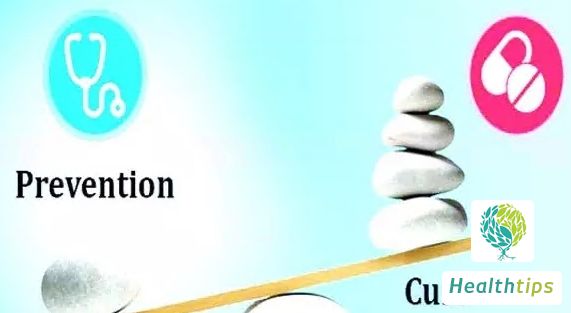What Are the Consequences of Eating Crayfish While Taking Herbal Medicine?
If a small amount of crayfish is consumed while taking traditional Chinese medicine, it may not cause any significant issues. However, if a larger quantity is eaten, it may lead to gastrointestinal discomfort, potentially affecting the effectiveness of the medicine. Crayfish, although a common food in daily life, can also be considered as a "stimulating" food. Consuming crayfish while taking traditional Chinese medicine may interfere with the normal efficacy of the medicine.

If the amount consumed is relatively small and no discomfort is experienced, it is generally unlikely to affect the normal efficacy of the medicine, and there is no need for undue concern. However, if a larger amount of crayfish is eaten, it may irritate the gastrointestinal mucosa, leading to symptoms such as nausea and vomiting. This may even affect the absorption of the medicine and hinder the recovery process. Therefore, it is advisable to avoid consuming crayfish while taking traditional Chinese medicine to prevent any potential adverse effects.
If discomfort is experienced after eating crayfish, it is recommended that patients seek medical treatment at a reputable hospital to avoid delays in treatment. Additionally, during the period of taking traditional Chinese medicine, it is important to maintain a bland diet, abstain from alcohol, and minimize the consumption of spicy and irritating foods such as chili and pepper to prevent further exacerbation of the condition.



















